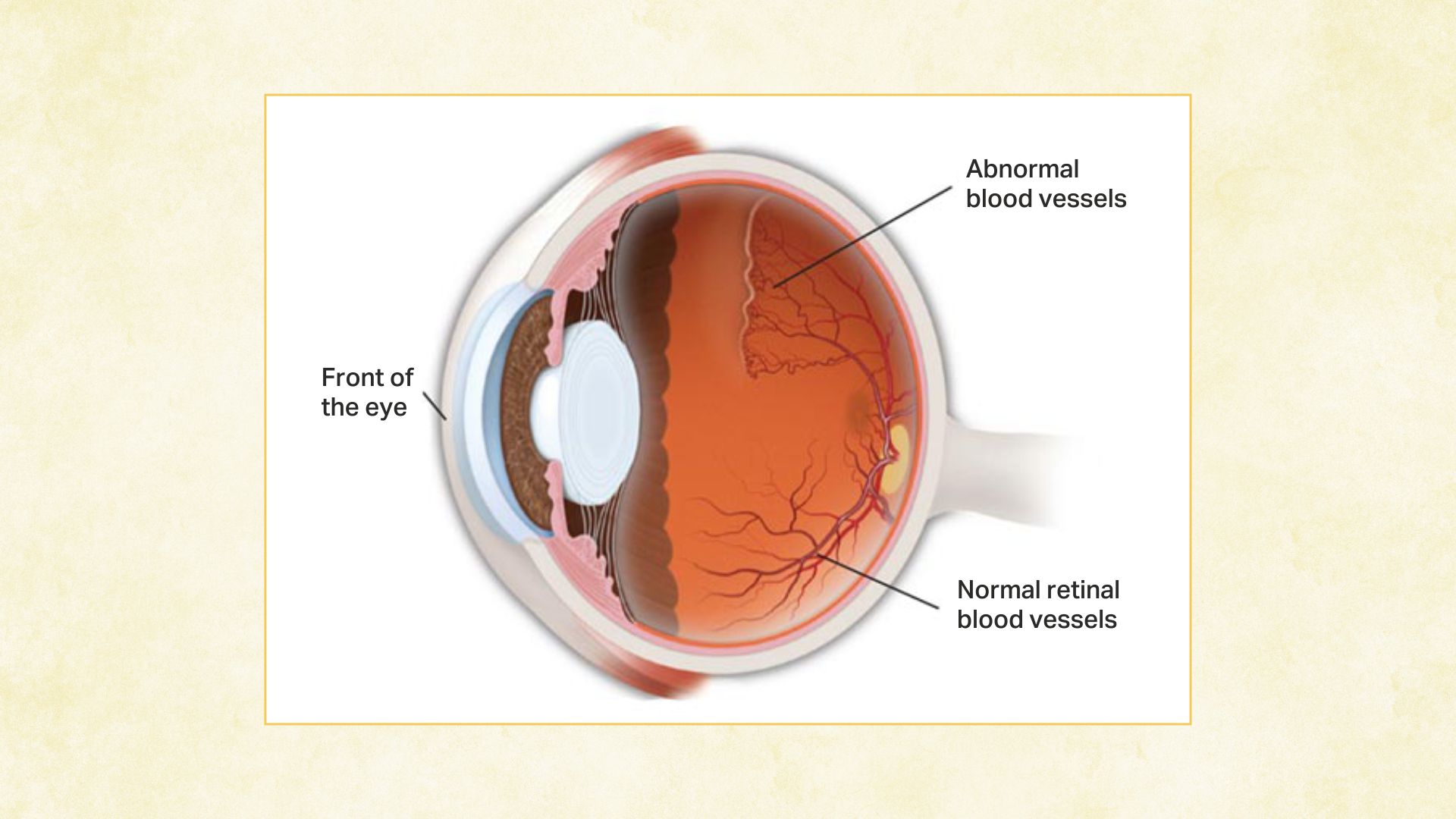Retinopathy of Prematurity is an eye condition that affects babies who are born too early or too small. It occurs due to the detachment of the retina from the rest of the eye. The retina is a vital component of the eye helps us see by sending light signals to the brain.
Hence, it may lead to vision loss or even blindness. Some mild cases of ROP correct themselves. Also, there are no obvious symptoms of ROP. Only a screening by a paediatric eye specialist can help determine the condition. Visit Sharat Maxivision, one of the best eye hospitals in Warangal to get your child diagnosed of ROP.
What causes retinopathy of prematurity?
The blood vessels in the eyes begin to grow when your baby is 16 weeks old in the mother’s womb. This growth goes on even after your baby’s birth. But in cases where the baby is born prematurely, i.e. before 31 weeks, the normal growth is disrupted.
This abnormal growth causes bleeding and, hence, retinal scarring. Once the scarring starts shrinking, it pulls on the retina, causing it to slowly detach from the rest of the eye.
Risk factors for Retinopathy of Prematurity
The following risk factors contribute to ROP.
- Premature delivery before 31 weeks. The earlier the delivery, the higher the risk.
- Infections or any other medical problem.
- Intracranial haemorrhage or bleeding in the brain.
- A birth weight of 1500 grams or less.
- Respiratory distress syndrome.
Stages of retinopathy of prematurity
There are 5 stages associated with ROP.
- 1st & 2nd Stage: It is mild to moderate ROP, which goes away without the need for treatment
- 3rd Stage: Treatment may be necessary to prevent damage to the retina
- 4th Stage: This is a severe case of ROP, which leads to partial retinal detachment requiring immediate treatment
- 5th Stage: This is also severe ROP, which leads to total retinal detachment requiring immediate treatment
Is retinopathy of prematurity Stage 5 curable?
Treatment is available for stage 5 of ROP as total retinal detachment occurs. But this is no guarantee of vision loss or blindness.
Other forms of retinopathy of prematurity
- Aggressive retinopathy of prematurity: It is a severe form of ROP that gets worse quickly.
- Plus disease: It is a severe form of ROP that shows the presence of widened or dilated and wavy or tortuous blood vessels in the retina.
Diagnosis of retinopathy of prematurity
Neonatologists identify babies who fall under the ROP risk category. Neonatologists refer them to ophthalmologists, who conduct an eye exam four to six weeks after birth. Your baby’s retinal images will be taken for examination.
Your baby may have to undergo screening every one to three weeks until cleared of ROP. If the baby has ROP, the doctor assigns a stage to begin the appropriate treatment.
Treatment for retinopathy of prematurity
- Laser therapy: A safe treatment method which is successful 90 % of the time.
- Anti-VEGF therapy: Injections in your baby’s eyes stop abnormal blood vessel growth.
Hence, it is important that your baby undergoes screening for Retinopathy of Prematurity if born in the situations mentioned above.
The expert paediatric eye specialists of Sharat Maxivision Eye Hospital, Warangal, are ever there for you if your baby could possibly have ROP.


